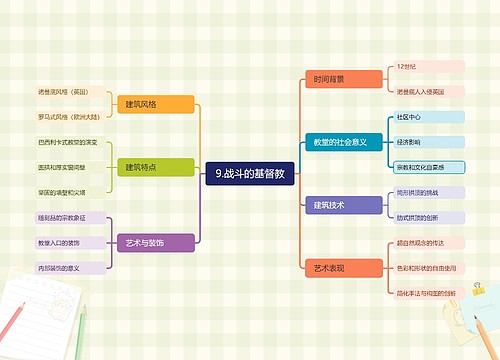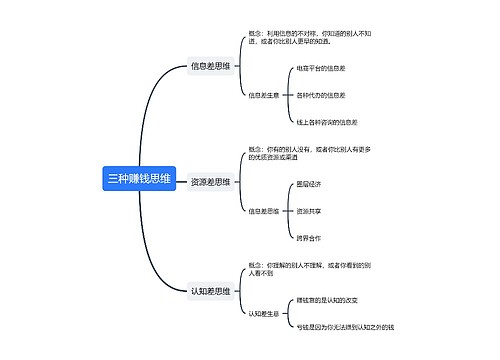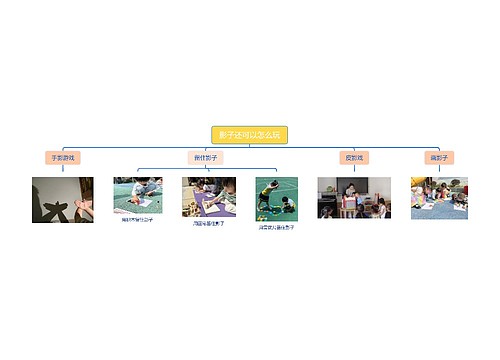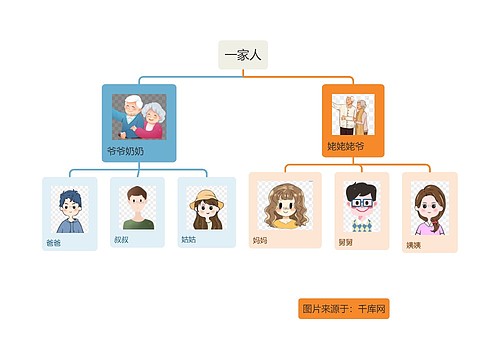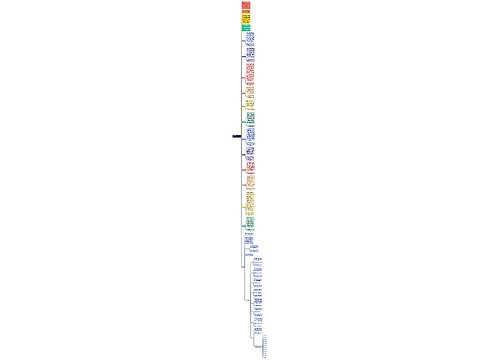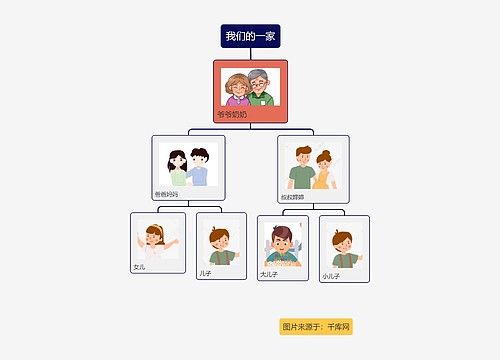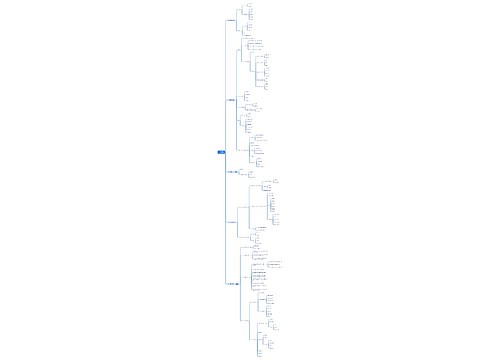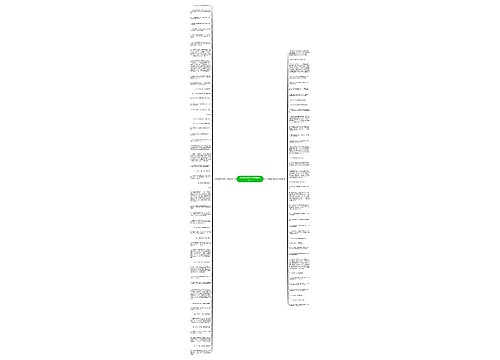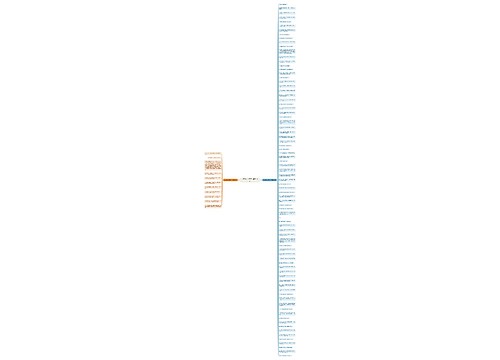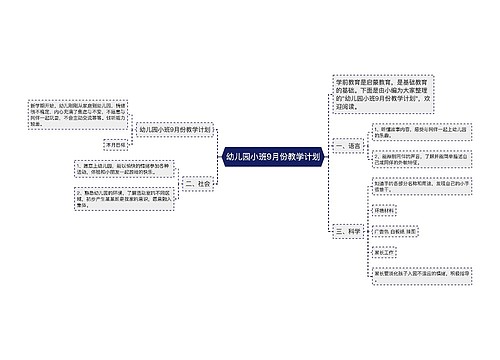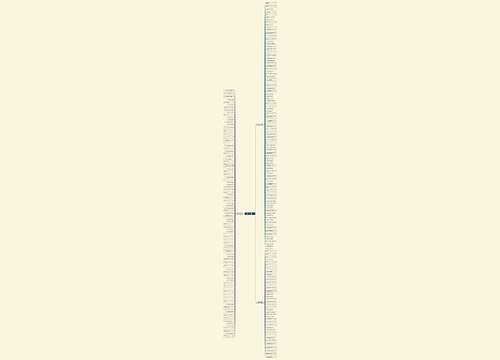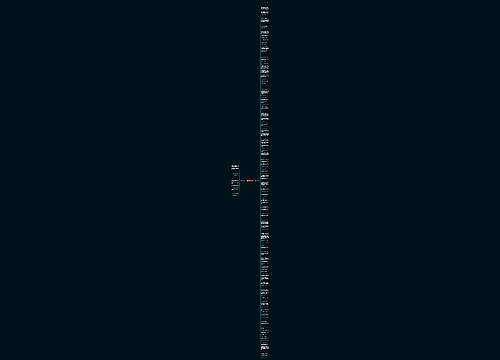1. He will not come in fact, I think.
2. 含有实意动词的He teaches English,doesn`t he?
3. 如果他是陈述句,就按这种方法,找出排成英文吗?
4. 含有情态动词的He can speak English,can he?
5. 例如:I don't think he'll come.
6. Mary asked,xxxwhen will you come back to Beijing?xxx
8. 含有be动词的陈述句,在句子之后,加否定的be动词 和 表示主语的代词He is a teacher,isn`t he?
9. I'm not going to see a film. 我不打算去看电影。
11. He has some money left. 他还剩一点钱。
12. He doesn't teach English. 他不教英语。I hardly know the people there. 我几乎不认识那里的人。
13. 祈使句 疑问句 一般疑问句 特殊疑问句 反义疑问句 宾语从句 定语从句 主语从句 同位语从句 状语从句更多那中文翻译英文时,就按这种句中,的方法排列成英文吗?
14. She has arrived. 她已经到达。
15. He can speak English.---Can he speak English?
16. 半否定句:在句子里用否定词hardly, scarcely, little, few, seldom, rarely等。
17. when这里引导时间状语从句, 当.....的时候
18. 如果能把握下面两个细节问题,宾语从句就会了一大半:
19. 说的简单一点,通俗易懂一点,独立的陈述句有如下特征:句末的标点符号一定是句号,即"."。(这一点和"!""?"","等相区别
21. 含有be动词的陈述句直接将be动词提到主语之前,
22. Mary asked when I would come back to Beijing.
24. 你所问的"反问句"是不是反意疑问句?如果是,规则如下:
25. 全否定:用not, no, never, neither, none, nothing等否定。表示"完全不是,完全不"的意思。
26. 我的意思是从句中它们的方法排列吗?,列如:陈述句=主语 系动词 表语
27. He teaches English. 他教英语。
28. 含有实意动词的在主语之前加助动词do或者does,
29. He teaches English.---- Does he teach English?
31. "all/both/every/each/ 谓语 not"表示概念为"有的是,有的不是"
32. He is a teacher.----Is he a teacher?
33. He seldom reads a book. 他很少看书。
34. She hasn't arrived yet. 她还没有到达。
35. 例如:I hardly see anything in the room.
37. 如前面是否定句,则后半部分用肯定,如He doesn`t teach English,does he?
38. 陈述句最主要的特征就是主语在前,谓语在后。或者可以反过来说,主语在前,谓语在后的句子就是陈述句。
40. He hasn't any money left. 他分文不剩希望对你有帮助 ,加油,你有前途的
41. 在这个句子中,"when will you come back to Beijing?"就是将来宾语从句的从句部分,它本身是个特殊疑问句,在特殊疑问词后,采用了情态动词提前,主语在后的结构。
42. 例如:All of them are not students.
43. 在宾语从句中,从句本身如果是疑问句,变宾语从句时,要将它变成陈述语序,也就是主语在前,谓语在后。
44. Some of them are students, some are not.
45. 宾语从句的否定形式:用在think, believe, suppose引导的宾语从句里则否定主句。
46. 陈述句他有两种型,如果它是那种,就按那种方法排列吗?
47. He promised to give the dictionary____when he finishied using it
48. She scarcely spoke to him. 她很少跟他交谈。

 U633687664
U633687664
 U582679646
U582679646